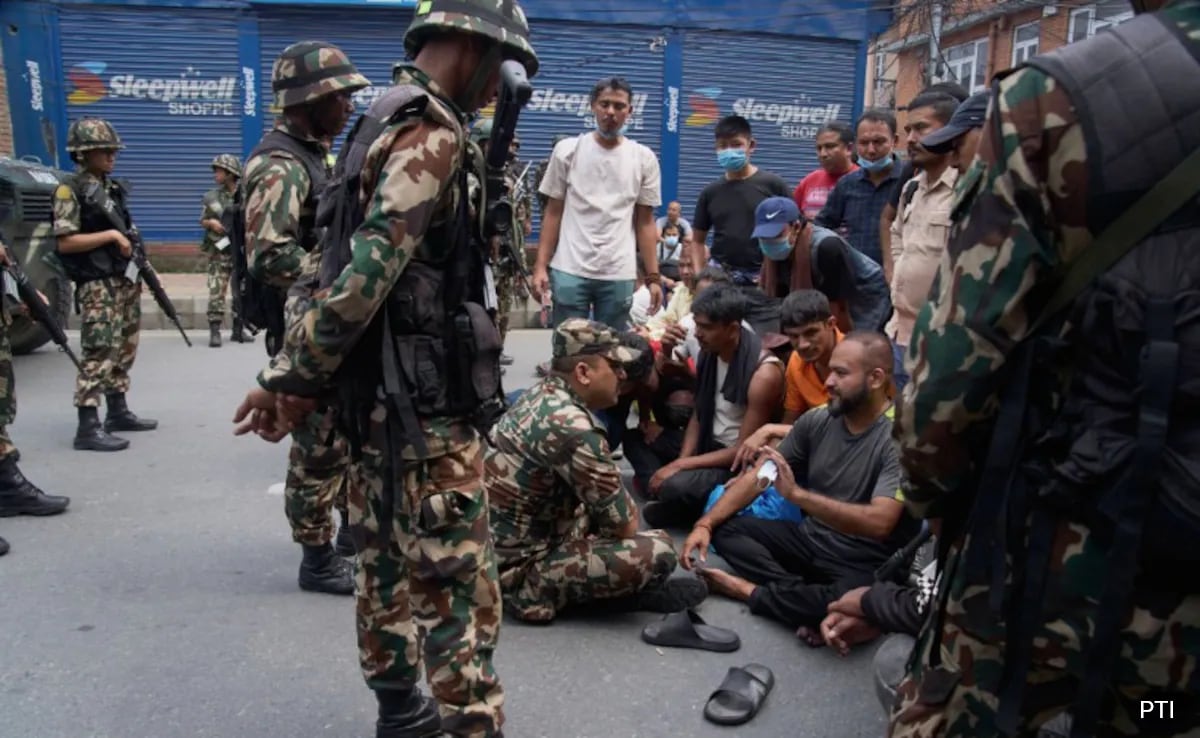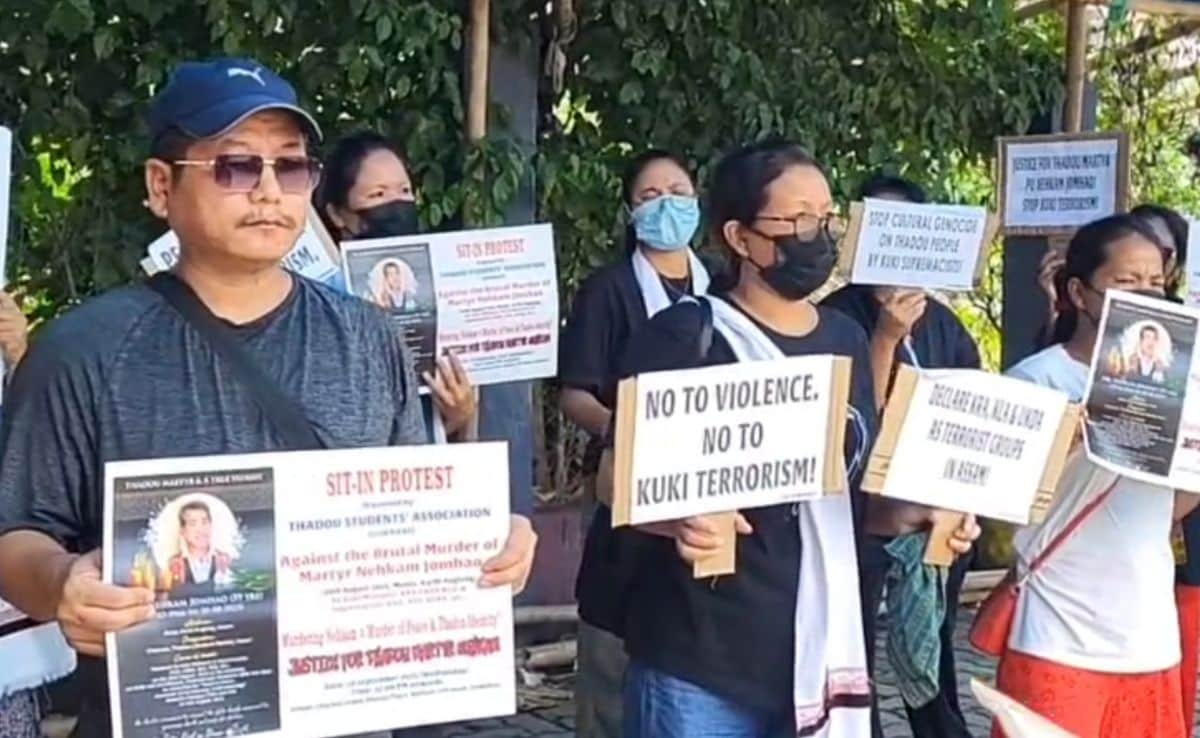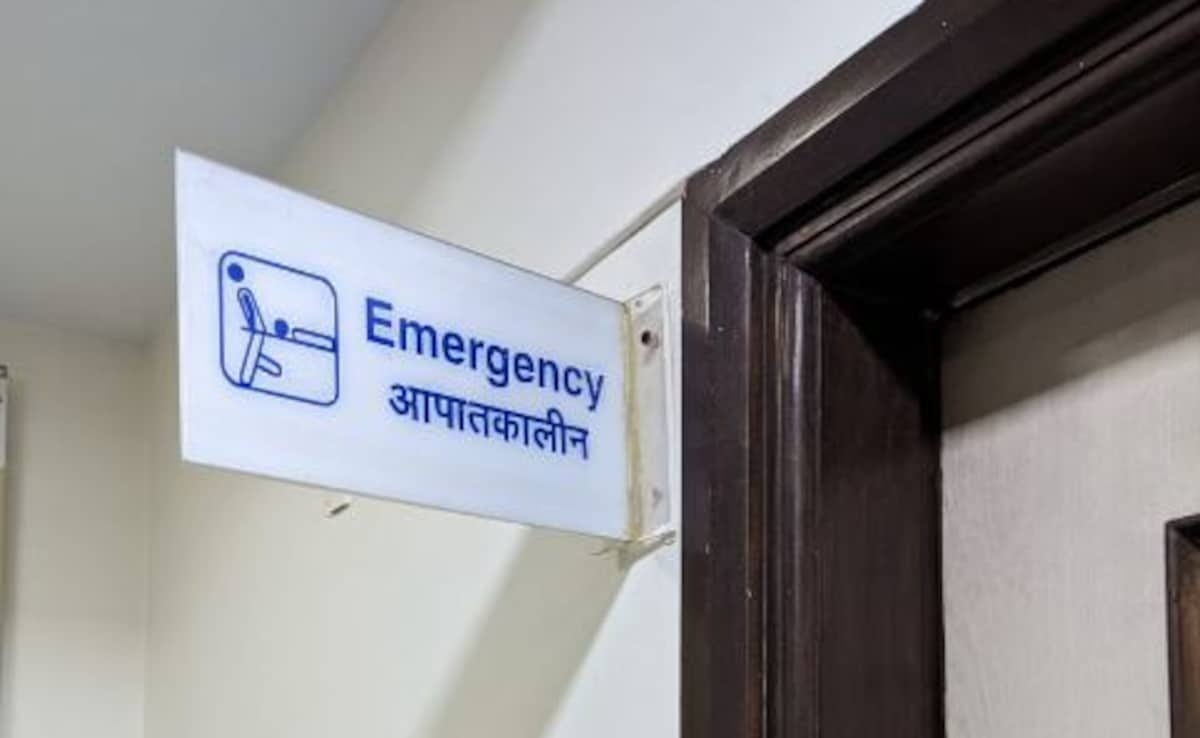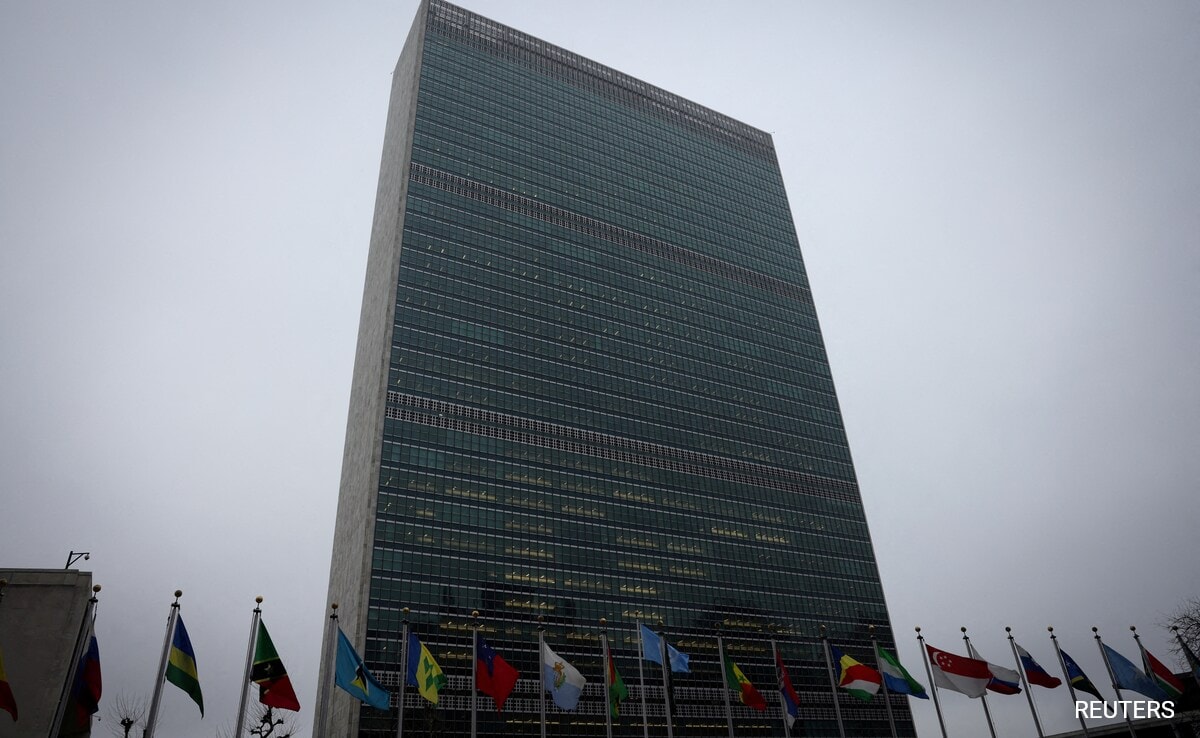The violence continued for the third day in Nepal, which reels from its worst unrest in decades. As protests against corruption spiralled into arson and violence, “Gen Z” groups leading the protests distanced themselves from the destruction, saying they had been “hijacked” by “opportunists”.
Declaring the nation as Hindu, immediate arrest and action against KP Sharma Oli, the Prime Minister who fled the nation, were among the key demands of the Gen Z protesters, who met online to prepare a charter of demands.
Earlier on Tuesday, the protests had grown increasingly violent as demonstrators set fire to government buildings and politicians’ homes and attacked some leaders. As criticism of the country’s political elite widened, the prime minister resigned, though it appeared to have little effect on the unrest.
Rehan Raj Dangal, a representative of the protesters, said they have proposed Sushila Karki, a former chief justice, to head an interim government. Ms Karki is the only female to serve as the chief justice of the supreme court. She served in the post between 2016-2017 and was a popular figure.
Many young people are angry that the children of political leaders – so-called nepo kids – seem to enjoy luxury lifestyles and numerous advantages while most youth struggle to find work.
Videos shared on social media show protesters beating up Nepali Congress party leader Sher Bahadur Deuba and his wife, Arzu Rana Deuba, the current foreign minister. Both appeared to be bleeding, while one video shows the party leader being helped to safety. The party is the country’s largest and is part of the governing coalition.
The protesters are seeking an independent and judicial investigation and action on alleged corruption scandals, a new constitution within two months.
Another key demand is preventing anyone from becoming the prime minister for more than two terms.
Prime Minister KP Sharma Oli had started his fourth term last year after his Communist Party forged a coalition government with the centre-left Nepali Congress.
Immediate cancellation of politically influenced appointments in constitutional bodies and the judiciary, and appointments based on merit, said the protesters.
The violence unfolded as Nepal’s government pursues a broader attempt to regulate social media with a bill aimed at ensuring the platforms are “properly managed, responsible and accountable.”
The proposal has been widely criticized as a tool for censorship and for punishing government opponents who voice their protests online.




